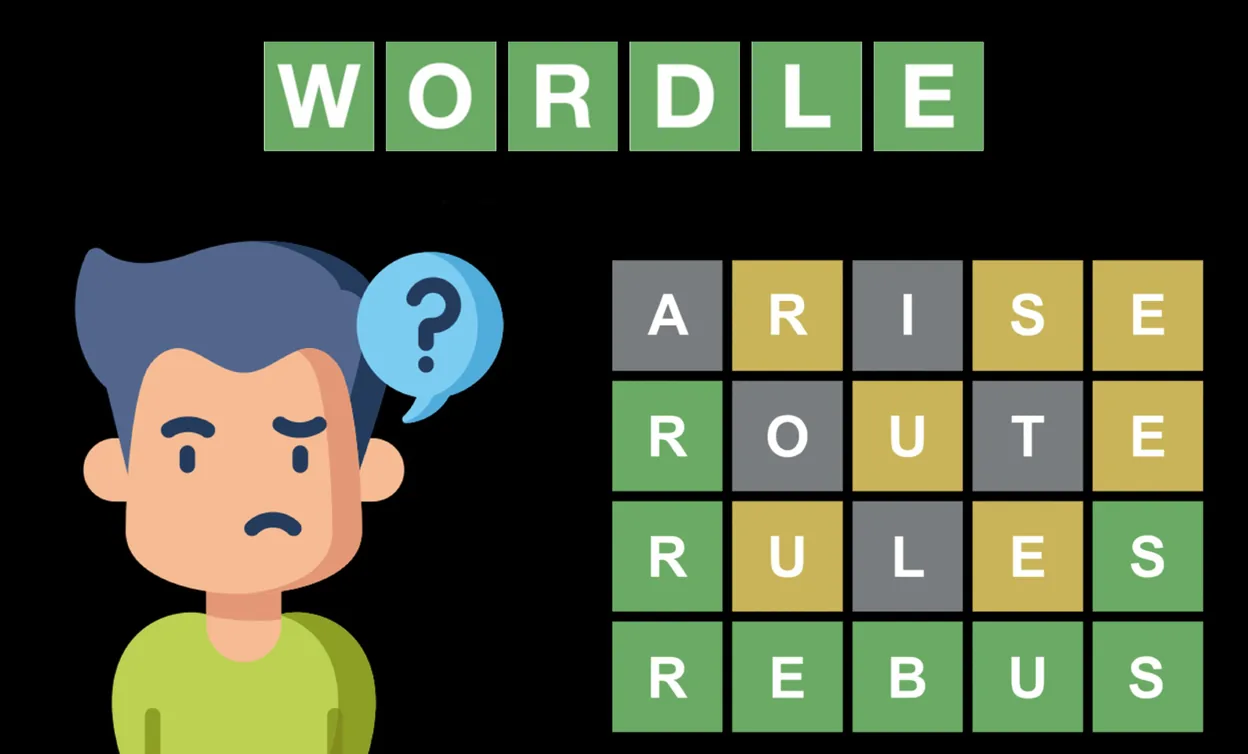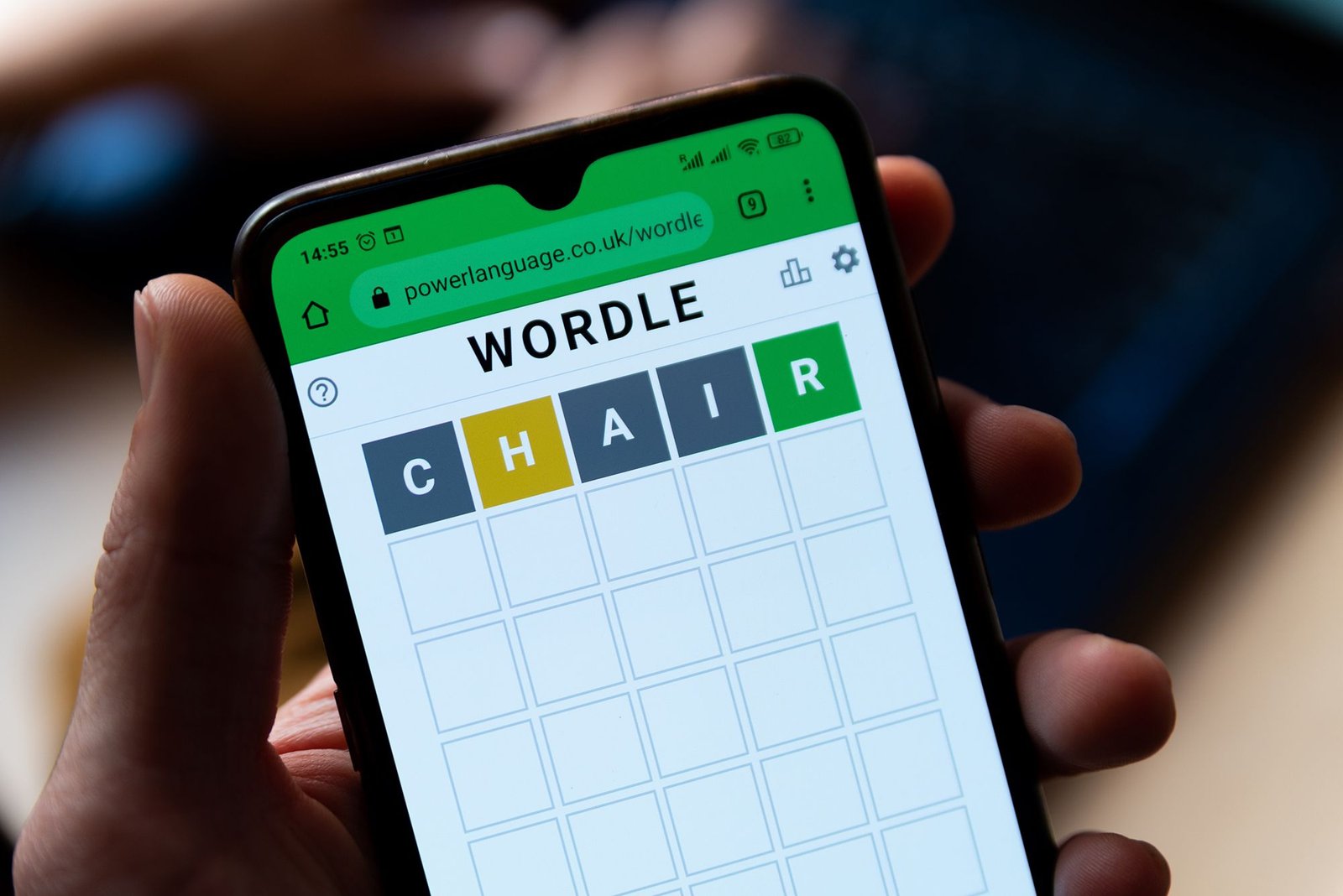Wordle Puzzle Phenomenon Capturing the World’s Attention

Wordle
Word games have always had a special place in people’s hearts, challenging their vocabulary, stimulating their minds, and providing a relaxing yet mentally engaging pastime. Among the latest trends, Wordle has risen as a true phenomenon, captivating millions of players worldwide. The simple yet addictive puzzle game, developed by Josh Wardle, has drawn in people from all walks of life, with its easy-to-understand mechanics and increasingly challenging puzzles. This article will explore the rise of Wordle, its impact, strategies to excel, and the future of this ever-popular game. We will also delve into relevant SEO keywords like “Wordle,” “Wordle puzzles,” and other related entities that make Wordle a viral sensation.
What is Wordle?
Wordle is a web-based word puzzle game that was released publicly in October 2021. In the game, players have six attempts to guess a five-letter word. The game gives feedback for each guess by highlighting the letters in different colors: green for the correct letter in the correct spot, yellow for a correct letter in the wrong spot, and gray for an incorrect letter. The game refreshes with a new word every day, creating an anticipation for players as they wait for their daily challenge.

One of the unique aspects of Wordle is that it’s played once per day by millions around the globe. This aspect of the game encourages players to revisit the puzzle daily, developing a sort of ritual or habit around solving the challenge.
The Origins of Wordle
Wordle was created by Josh Wardle, a software engineer, as a personal project for his partner who loved word games. The game was simple at first but gained popularity among family and friends. After seeing its growing appeal, Wardle made it publicly available online, and from there, Wordle took off. By January 2022, it had become an international sensation, with millions of daily players. Its minimalist design, coupled with the daily word challenge, made Wordle an appealing option for people who wanted a short but satisfying puzzle experience.
The game’s virality also spread through social media, where players began sharing their results—marked by color-coded grids that represented their attempts without revealing the actual word—leading to further interest and engagement from the public.
How Wordle Became a Global Sensation
Wordle’s viral success can be attributed to its simplicity and accessibility. The game doesn’t require any sign-ups or app downloads; players just need to visit the website to play. Its straightforward rules make it easy for anyone to understand, and the fact that there’s only one puzzle per day keeps it from becoming overwhelming. Moreover, its social sharing feature—where players can post their results without giving away the answer—added a competitive element and community spirit to the game.
The sharing feature also fueled conversations around the game on platforms like Twitter, Reddit, and Facebook. The fact that each player receives the same word each day encourages discussions, strategies, and comparisons. Additionally, many players developed routines of solving the puzzle first thing in the morning or during lunch breaks, making it a fun, stress-relieving activity to look forward to.
The Role of SEO and Wordle’s Online Presence
Wordle’s rise to fame also underscores the power of search engine optimization (SEO) in driving traffic to the game. As more people searched for the game, the keyword “Wordle” skyrocketed in search engine trends. Not only did people search for how to play, but they also sought strategies, cheats, and tips to help them improve their game. Websites featuring Wordle puzzles, Wordle hints, and Wordle answers quickly gained traction.

From an SEO perspective, the keyword “Wordle” has become one of the most searched terms in the puzzle and word game niche. Websites aiming to capitalize on this trend have integrated related keywords such as “daily Wordle,” “Wordle answer today,” “Wordle hints,” and “Wordle puzzle solutions” into their content. As a result, these websites have seen increased traffic as players seek out help to solve the daily challenge.
Why Wordle Works: Psychology and Simplicity
Several psychological factors contribute to the success of Wordle. First and foremost, the game operates on the principles of “easy to learn, hard to master.” Players can quickly grasp the rules, but solving the puzzle still requires strategy, logic, and vocabulary skills. Each solved puzzle provides a small, rewarding dopamine hit, encouraging players to return the next day.
The limited number of attempts also adds to the psychological appeal, creating a balance between challenge and satisfaction. Players experience a sense of achievement when they solve the word within the six tries, but even if they don’t, there’s no lingering frustration, as they know they’ll have another chance the next day.
Furthermore, Wordle avoids the pitfalls of modern mobile games that inundate users with microtransactions, ads, or overly complicated mechanics. This simplicity makes Wordle accessible to a broad audience, from young students to older adults, and builds on the idea that less can sometimes be more in game design.
Strategies to Excel at Wordle
While Wordle may seem simple, there are some effective strategies that can boost your chances of guessing the word within six attempts. These strategies involve both word knowledge and deductive reasoning.
- Start with a Strong Opening Word
One of the most common strategies is to start with a word that includes several vowels and common consonants. Words like “slate,” “crate,” or “raise” are good options, as they give you a broad spread of letters to work with. - Use Elimination to Your Advantage
After your first guess, Wordle’s color-coded feedback will help you eliminate certain letters. For example, if a letter is marked gray, you know it isn’t in the word at all. Use this information to guide your next guesses. - Focus on Letter Patterns
Certain letters tend to cluster together in English words. For example, “TH,” “CH,” and “SH” are common pairings. If you’ve narrowed down the word to include certain letters, think about common patterns that may fit. - Avoid Reusing Letters
After your first few guesses, try to avoid repeating letters that you know aren’t in the word. This can be tempting, but it usually wastes valuable attempts. Instead, focus on identifying new letters that could be part of the word. - Stay Calm Under Pressure
It’s easy to feel the pressure as your attempts dwindle, but keeping a level head is crucial. Try not to panic if you’re down to your last guess. Instead, focus on the information you’ve gathered from previous attempts and think logically about what letters could fit.
The Future of Wordle
While Wordle’s future is uncertain, there are several potential paths that the game could take. In early 2022, The New York Times acquired Wordle, raising questions about the direction the game will go in. Some players expressed concern that the acquisition might lead to changes such as the introduction of ads or a paywall, though The New York Times initially promised to keep the game free.
There’s also the possibility that Wordle could expand into different versions or spin-offs. For example, there could be Wordle puzzles with longer or shorter words, timed versions of the game, or themed puzzles around specific topics. Wordle could even inspire similar games that involve guessing other types of puzzles or using clues to solve more complex challenges.
Related Word Games and Their Influence on Wordle
Wordle isn’t the first word game to capture the public’s imagination, and it likely won’t be the last. Several classic word games have laid the groundwork for Wordle’s success, including:
- Scrabble
A classic board game that challenges players to form words on a game board using letter tiles. Scrabble is known for its use of strategy and word knowledge, making it a game that rewards players with large vocabularies. - Crossword Puzzles
Crossword puzzles have been a newspaper staple for decades. Like Wordle, crossword puzzles challenge players to use their knowledge of words and definitions to fill in a grid of interconnected answers. - Boggle
Boggle is a word search game where players have to find as many words as possible in a grid of letters within a set time limit. The game challenges players to quickly identify patterns and come up with words that fit the rules of the game. - Hangman
Hangman is a simple paper-and-pencil game where players try to guess a word by guessing individual letters. Like Wordle, players have a limited number of attempts to guess the word correctly.
Conclusion
Wordle has become a true cultural phenomenon, drawing in players from around the world with its simple mechanics, daily puzzles, and competitive social sharing. It exemplifies how effective game design can tap into human psychology, providing both challenge and reward in a balanced, addictive package. As Wordle continues to evolve under the ownership of The New York Times, it will be interesting to see how the game develops and whether it will maintain its massive popularity.









